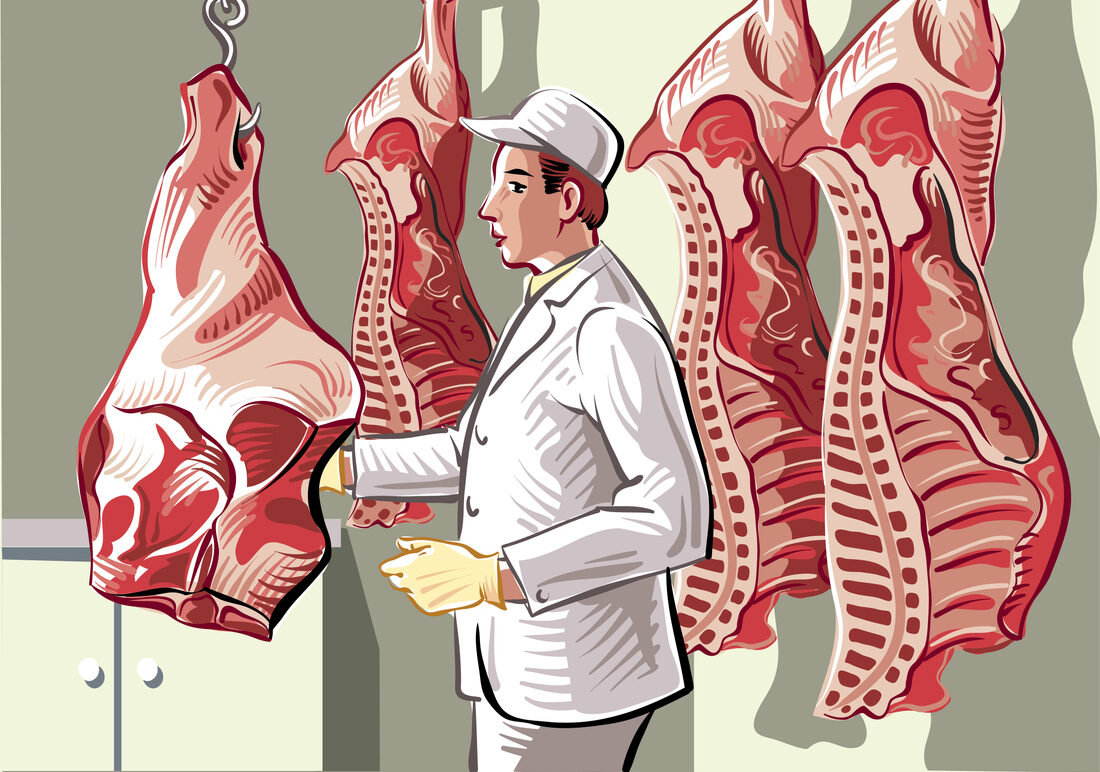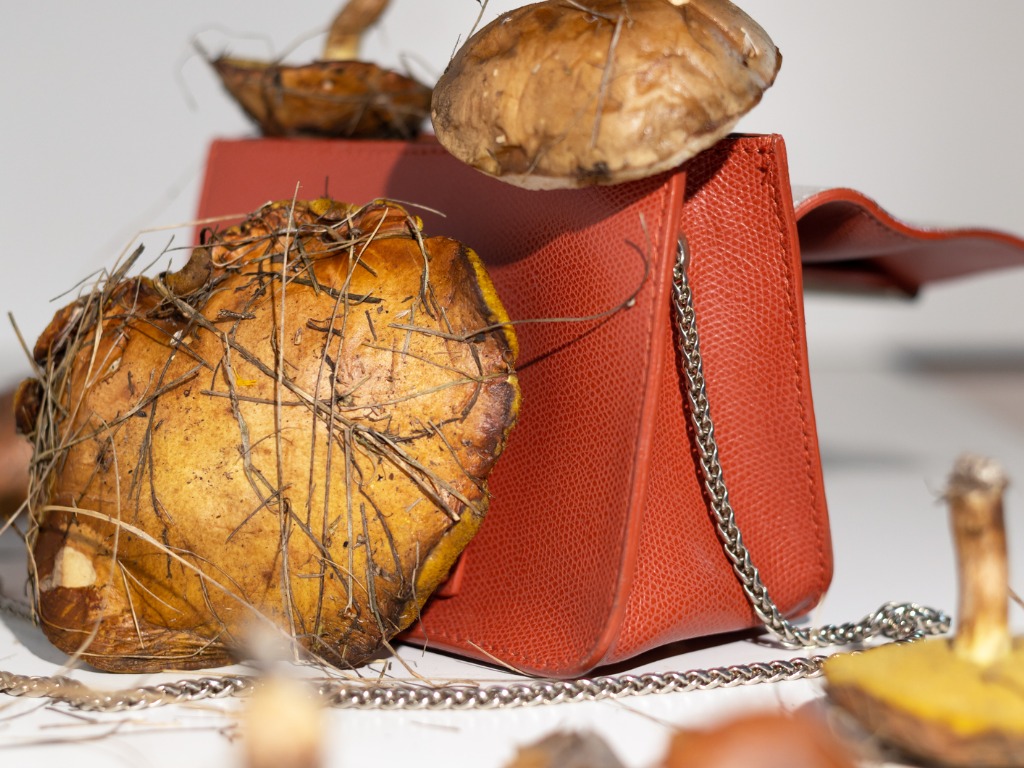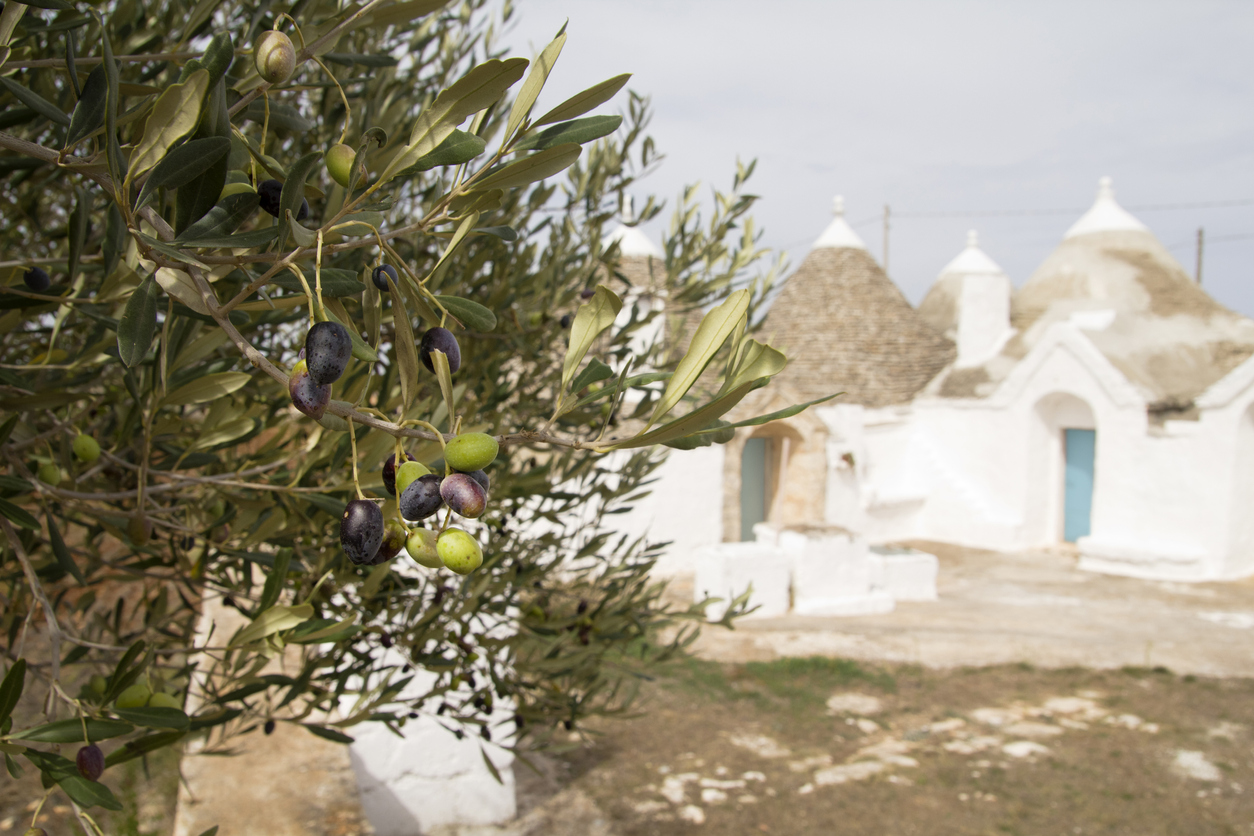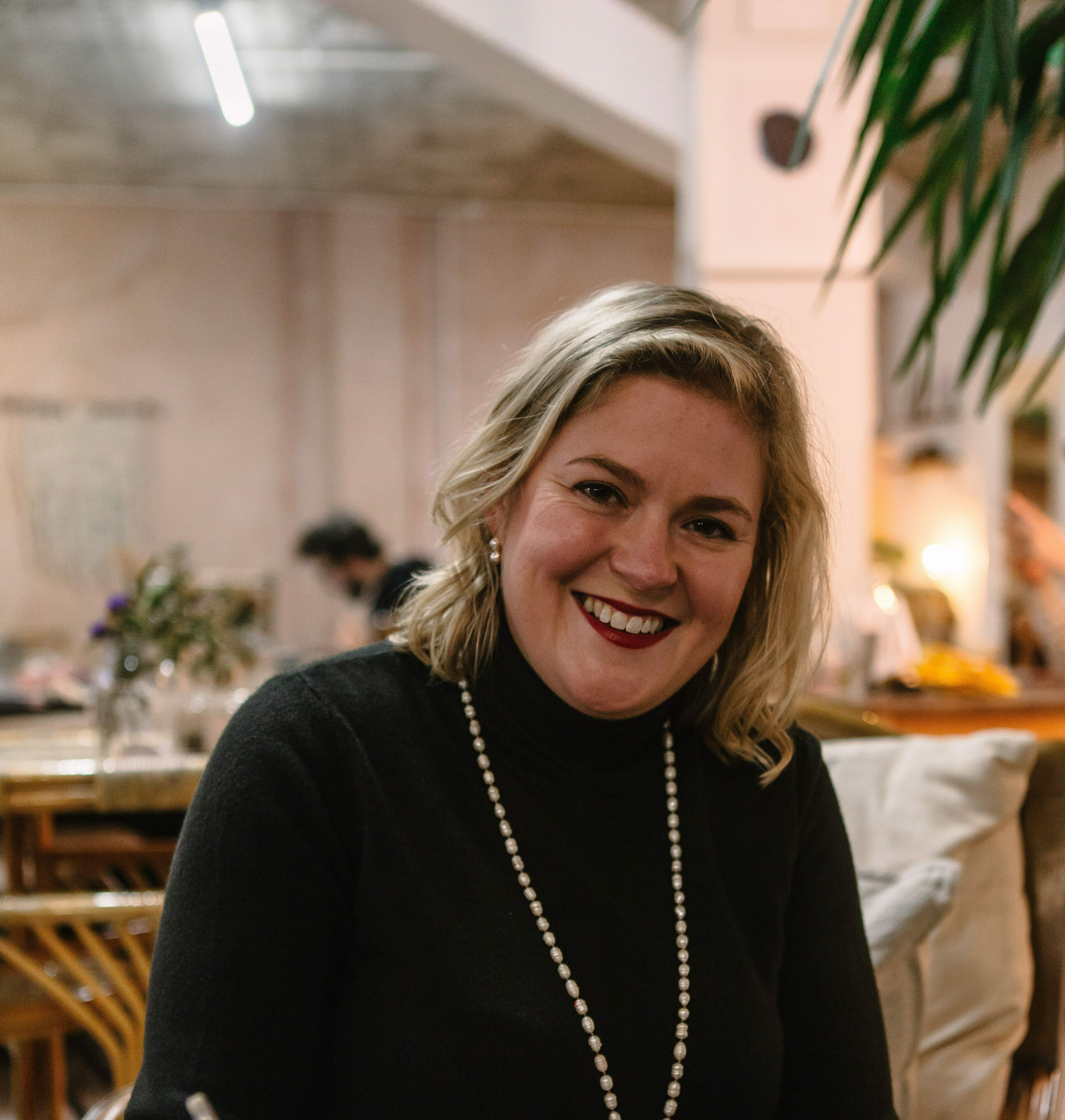Solar Foods’ Solein: the protein of the future made of hydrogen and carbon dioxide

‘Food out of thin air’ is how the Finnish company Solar Foods describes its revolutionary invention Solein, a new, sustainable, animal-free protein grown from a single cell using hydrogen and carbon dioxide.
“We are here to replace animal-based nutrition, that’s the big mission I would say, for all plant-based and similar companies,” says Dr Pasi Vainikka, Co-Founder and CEO at the company. “The problem in the food system is, broadly speaking, [using] animals and industrialised animal keeping. Like it or not, it’s a fact. Growing and harvesting that kind of nourishment with significantly less resources [and without animals] is what we’re doing.”
Solar Foods was founded in 2017, arising from a pilot project between the VTT Technical Research Centre of Finland and LUT University of Technology. Core members of the team include Dr Vainikka, CTO and Co-Founder Dr Juha-Pekka Pitkänen, Project Director Ville-Veikko Vaaranmaa, CCO Shilei Zhang, and CXO Laura Sinisalo.
Since its establishment, the company has followed a steady road to success, raising around $60M through investments. The most recent contributions include €10 million from Finland’s Pharmacy Pension Fund and €15 million from Danske Bank Growth. They also won ‘Hottest cleantech start-up of Europe’ at the Europas and the Index Award in 2019, and the Greentech Award for Innovation, as well as featuring in Time Magazine’s 100 Best Inventions of 2020.
At the end of 2021, Solar Foods received approval to start building its first production facility – Factory 01 – in Vantaa, Finland. With a completion date set for 2023, Solar Foods will be able to begin scaling up the production of Solein, allowing it to sell the product commercially, and bringing significant positive change to the protein alternatives market.

The Solein protein. All pictures courtesy of Solar Foods

Bread made with Solein
Left: The Solein protein. All pictures courtesy of Solar Foods
Right: Bread made with Solein
The science behind Solein
Solein is an animal-free protein in the form of a yellow powder, that can be used in food formulations. The first step in creating Solein is selecting a soil sample from natural habitats such as a forest or a desert. The sample is then screened for the best quality organisms. These are then cultivated until a suitable type of microbe is ready to be placed in a bioreactor, where gas fermentation takes place.
The process can be compared to the fermentation that occurs during wine or beer-making, but instead of eating off sugar, the microorganism feeds off renewable electricity and water from the air – specifically, dissolved hydrogen and carbon dioxide extracted from the H2O particles. The microorganism is then fed nutrients including calcium, phosphorus, nitrogen, and potassium, which plants would normally feed off through the soil.
The gas fermentation in the bioreactor creates a liquid. “From this liquid you then centrifuge the cells out,” explains Dr Vainikka, “so you end up with a dry powder that happens to be nutritionally somewhere between dried soy, dried meat, and dried carrot. That’s it!”
The process is continuous, but the harvesting of the product can typically take around 70 hours to complete. The result is a dry, neutral-tasting powder which is 60-70% protein. The powder’s yellow colour comes from its content of beta-carotene, a vivid pigment found in carrots and other fruit and vegetables.
The production of Solein is made even more sustainable by the use of hydropower.
Before starting Solar Foods, Dr Vainikka was a researcher at VTT, where he led one of the largest renewable energy research programmes in Finland. “The key finding there was that electricity will be the new primary energy if we want to do something for the climate system,” he says.
While hydropower is currently the main source of electricity being used to produce Solein, Solar Foods has made advanced enquiries to install an even greener, 100% wind-based electricity system in Factory 01.

Solar Foods’ bioreactor. All images credited to Solar Foods

Members of the Solar Foods team. Left to right: Ville-Veikko Vaaranmaa, Dr Pasi Vainikka and Dr Juha-Pekka Pitkänen
Left: Solar Foods’ bioreactor. All images credited to Solar Foods
Right: Members of the Solar Foods team. Left to right: Ville-Veikko Vaaranmaa, Dr Pasi Vainikka and Dr Juha-Pekka Pitkänen
The protein of the future
As it continues to develop Solein, with the aim of scaling it and making it widely available commercially, Solar Foods has experimented with the types of protein-based foods that can be made with the product. As well as meat alternatives, Solein has been used to create dairy-free goods like soft cheeses, protein drinks, and yoghurt.
Solein is an adaptable ingredient, which can be added to the production process of many different foods as it has a completely neutral taste. “Whether it’s sweet or savoury, a meat alternative, whether it’s a dressing, or an ice cream – which is also very good made with Solein – you can flavour it at the end”, says Dr Vainikka of its applications. The versatility of the product could benefit many food manufacturers who will be able to add their chosen flavouring in the final stages of production with no masking required to remove any existing flavours, which is sometime necessary for some plant-based protein alternatives.
The product also works well as an egg substitute, says Dr Vainikka, “because of the fat holding capacity of Solein you can replace egg and can also provide strength to wheat-based dough in pasta.” Solein can also be consumed by those who are allergic to eggs, which allows Solar Foods to seek opportunities in the free-from sector.
“We need to not think of things as black and white as we do in the in the western part of the world where you have a huge slab of meat or a burger [as a source of protein]”, says Dr Vainikka. “If you think about how a meal is compiled in Asia, you have a hot pot, you have some noodles, you have some vegetables, you have pieces of meat. Solein can of course be present in the meat analogue bites, but also directly in food like noodles which are [currently] considered less nutritious.”
As well as being made up of protein, Solein also includes vital vitamins such as B9 and B12, alongside a variety of other minerals and fibres, which allows it to fortify foods it’s added to.
Despite its many positive qualities, Dr Vainnika does highlight that Solein cannot be hailed as the “silver bullet to achieve everything”, as it does have some unique characteristics, which are different to other proteins. Unlike egg white for instance, Solein cannot be whipped up into a thick, creamy consistency. It also cannot produce the same level of elasticity that wheat flour can when it is added to water, due to its lack of gluten.
As well as using Solein as a plant-based alternative, Solar Foods is also looking to work with the lab-grown meat industry. “They are in urgent need of sustainable and scalable growth media components [substances that are added to cells that help them to grow and multiply].”, Dr Vainnika says. “While right now we’re focusing on the gas fermentation technology platform and solely non-GMO Solein, the hope for the future is that there will be different kinds of products [developed by Solar Foods], enabling other food technologies and empowering other food producers to scale up.”
Changing agriculture
If Solar Foods can become a major supplier of protein to food companies in the future, it also believes it can reduce the current pressure on agricultural workers in the livestock industry, which encourages the mass-production of animal-based goods at a rapid rate, without much profit being received by farmers.
“Animal-based products can remain, but they have the inherent problem that they’re resource-consuming, and therefore they actually should be quite expensive.” , says Dr Vainikka. “But then again, this quite expensive and laborious process is required to provide cheap products, which are kind of too cheap. When have you ever met a tremendously rich farmer? I haven’t seen it, and it’s unfair for the farmer.”
In the future, Solar Foods sees Solein as key in helping to solve these issues in the meat industry. “We think we can relieve this conflict, so that maybe the best animal-based products, wouldn’t need to be produced cheaply in huge bulks” , says Dr Vainikka, “There can be technologies that do that better and faster, and more sustainably, and maybe the role of meat can kind of renew itself to be raised to a position where it is carefully grown.”
When will Solein be on the market?
A great invention should never be rushed, and Solar Foods knows this, taking all the steps it needs to make a success out of Solein. The company itself is 20 years in the making, when considering the years of research undertaken by the team through their PhD projects. The product Solein has taken around four years to develop.
Getting the company to a scalable stage won’t happen overnight either, says Dr Vainikka. “That’s the physical part of industrial life these things take time.”, he comments. “We need to prove our case through Factory 01 so [the project] scales. We then have to get regulatory approval, and only after that you can raise the funds for another big factory that’s about the size of a football pitch. It really requires that you invest into the process so it can be scalable.”
In the past year, reports have also surfaced about Solein’s ability to be used as a food supplement for astronauts in space, as the company took part in NASA and CSA’s Deep Space Food Challenge. Solar Foods entered the contest with a specially designed piece of technology that was built to carry out the gas fermentation process to grow Solein in space. The company was named as one of the winning groups from Phase 1 of the competition. However, its primary goal is to develop Solein into a viable protein source for everyday consumption on Earth.
The launch of Solein could be sooner than we think. Solar Foods has applied for novel food approval in both the UK and the EU, with discussions currently being held with Britain on almost a daily basis, according to Dr Vainnika. It is also working on obtaining approval from the US. Once Factory 01 opens its doors and begins production, and if approval is received in due course, Solein could be available to B2B food companies as soon as next year.
Food producers globally need to find ways to play their part in meeting climate targets, such as reducing the global warming temperature to 1.5C (Paris Agreement 2016), or the UK’s aim of reducing 100% of its greenhouse gases by 2050. With agriculture and forestry being responsible for at least 24% of all greenhouse gas emissions, finding more sustainable ways of producing protein, and more generally food, is key to reaching these goals, and Solar Foods appears to be leading this much-needed shift.








